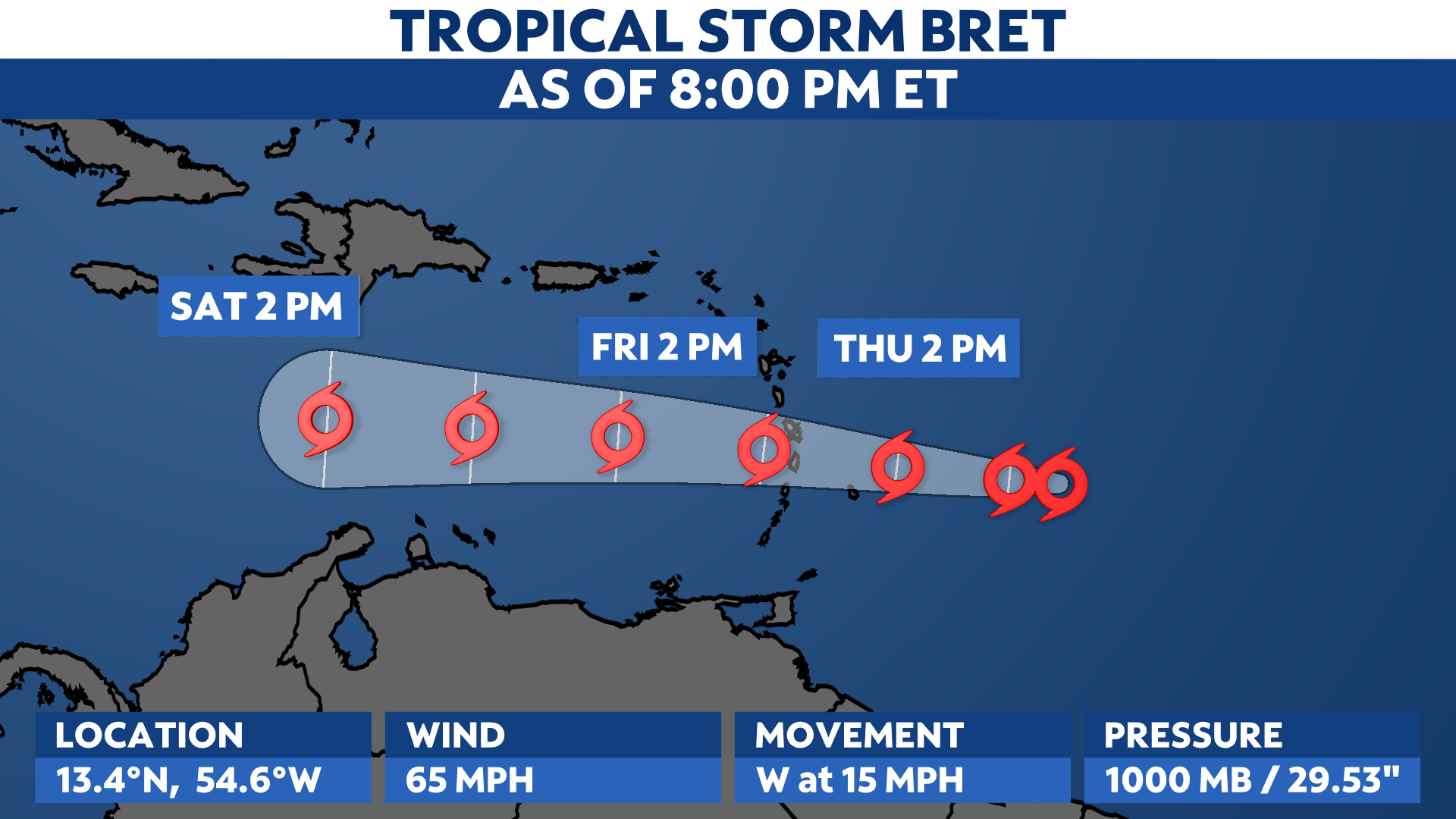A bill that would strip executives at failed banks of bonuses and profit from stock sales — one backed by one of the most progressive Democrats in the Senate and his Republican colleague running for the GOP’s 2024 presidential nomination — advanced through a key panel Wednesday in bipartisan fashion and will be considered by the full Senate.
The bill, sponsored by Sen. Sherrod Brown, D-Ohio, and Sen. Tim Scott, R-S.C., comes in the wake of a series of bank failures earlier this year, including California’s Silicon Valley Bank and New York’s Signature Bank.
If it were to become law, the legislation would empower regulators to remove executives who mismanaged their banks, increase penalties for executives who break the law or engage in “unsafe and unsound practices,” require banks to establish governance and accountability standards, and allow the Federal Deposit Insurance Corporation to recoup executive compensation from the two years prior to a bank’s failure, including profits from stock sales.
The proposed law would not apply to community banks, defined as banks with less than $10 billion in assets. Silicon Valley Bank and Signature Bank, considered regional banks, had more than $200 million and $100 million in assets, respectively.
Brown, the chair of the Senate Banking Committee, said the legislation would crack down “on irresponsible executives who poorly manage their banks, who put customers and workers and the entire economy at risk.”
“To most Americans, the lack of Wall Street accountability tracks with their entire experience with our economy,” Brown said at a committee hearing on Wednesday. “We know that executives who made these decisions too often ride off into the sunset with their bonuses and their stock options in tow. Americans will never forget that by and large, the Wall Street executives who caused the 2008 financial crisis faced few consequences. Their profits, their bonuses, were not clawed back. We can’t, we will not let that happen.”
The committee agreed to advance the bill by a vote of 21-2. Nine Republicans voted in favor along with every Democrat and independent Sen Kyrsten Sinema. Two Republicans, Sen. Thom Tillis of North Carolina and Sen. Bill Hagerty of Tennessee, voted no.
Scott, the committee’s top Republican, called the bill “a commonsense solution to address accountability” that would protect taxpayers.
“Shortly after the collapse of [Silicon Valley Bank], the CEO Greg Becker fled to Hawaii while the American people were left holding the bag for billions and now our institutions, who did nothing wrong, are having to pay the price for it,” Scott said. “That’s not right.”
In front of the Senate’s banking committee in May, Becker confirmed he went to Hawaii a day after the federal takeover of the bank he had led since 2011, a process that necessitated his firing.
In that hearing, Becker also confirmed he made $9.9 million as CEO in 2022 and sold millions in Silicon Valley Bank stock just days before the bank failed, though he denied knowing that its collapse was imminent.
Tillis and Hagerty, who voted against advancing the legislation, both expressed concerns the bill would stunt competitiveness and innovation in the banking sector.
“If we’re not careful here, you’re going to stifle innovation,” Tillis said. “You’re going to provide reasons for people to pursue a position other than the C-Suite that may have good ideas that just fail. That’s not malpractice. That’s just a management decision that didn’t bear out.”
In the case of Silicon Valley Bank, the Federal Reserve found it failed “because of a textbook case of mismanagement,” as well as a lack of adequate regulation. And as the bank failed and executives realized they did not have enough cash for customers to withdraw, cash bonuses were paid to “executives and staff for their 2022 performance on March 10, 2023, despite the failure of [Silicon Valley Bank] that day,” a Federal Reserve report found.
Members of both parties, as well as Sen. Sinema, I-Ariz., praised the bill as a compromise that would bring substantial reforms to the American banking system.
A previous version proposed by Massachusetts Sen. Elizabeth Warren, a progressive Democrat, and Ohio Sen. J.D. Vance, a right-wing populist, would have allowed executive compensation clawbacks dating back three years from a bank’s failure, but failed to gain enough bipartisan support.
Now, Vance and Warren are backing the Brown-Scott bill, known as the Recovering Executive Compensation from Unaccountable Practices or RECOUP Act, in the hopes it will appeal to members on both sides of the aisle in the Senate and the House.
“There is more that we need to do, much more, but the RECOUP Act is a reasonable compromise that significantly improves the oversight of bank executives,” Warren said on Wednesday. “Every member of Congress in both the Senate and the House should support it.”




